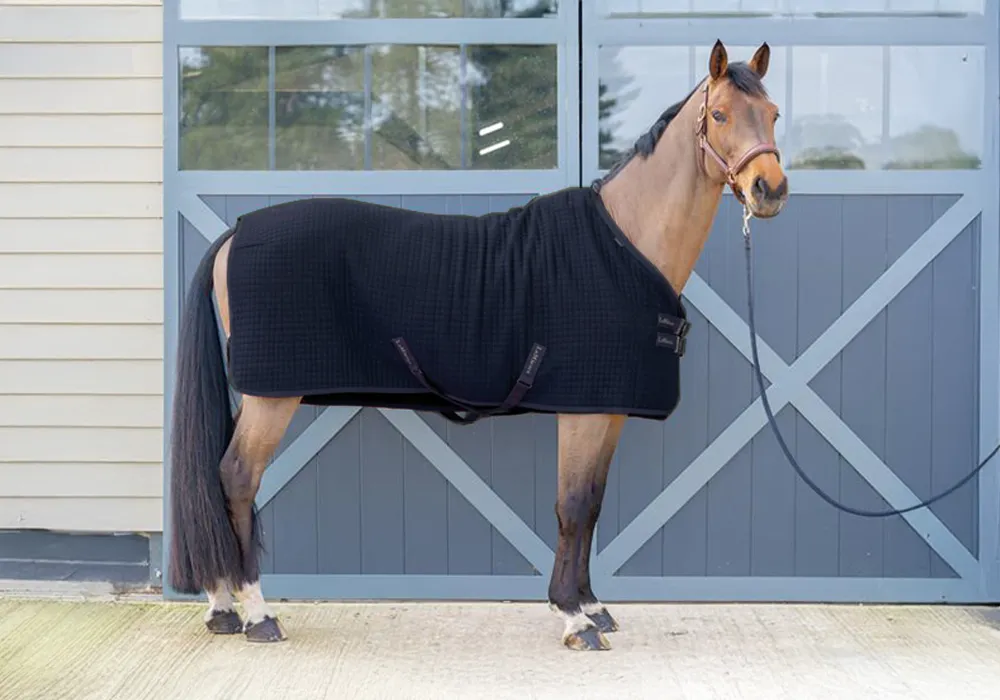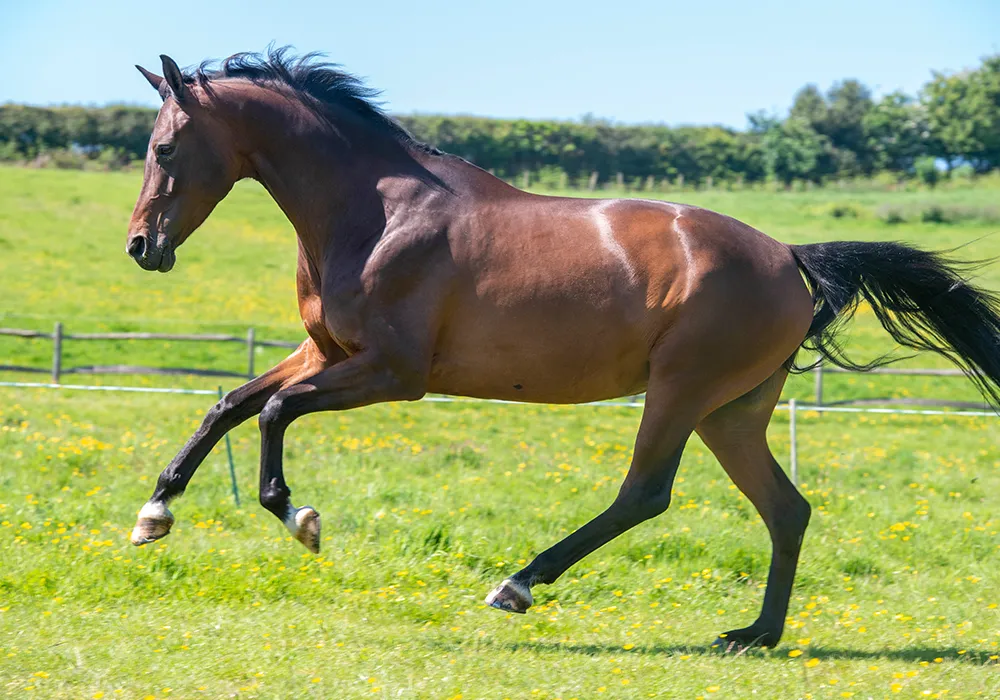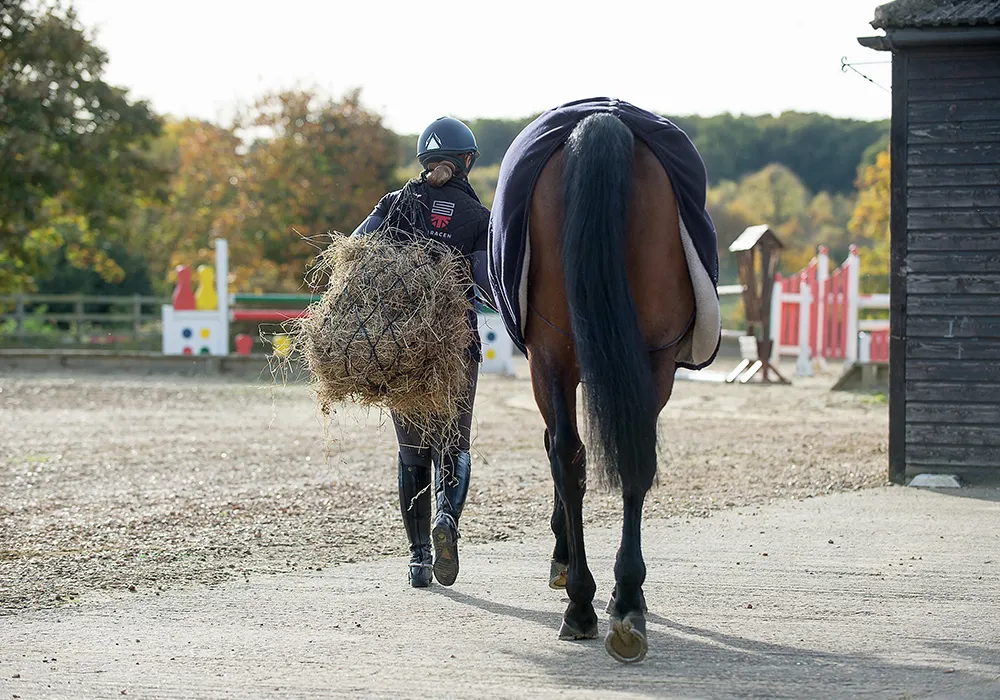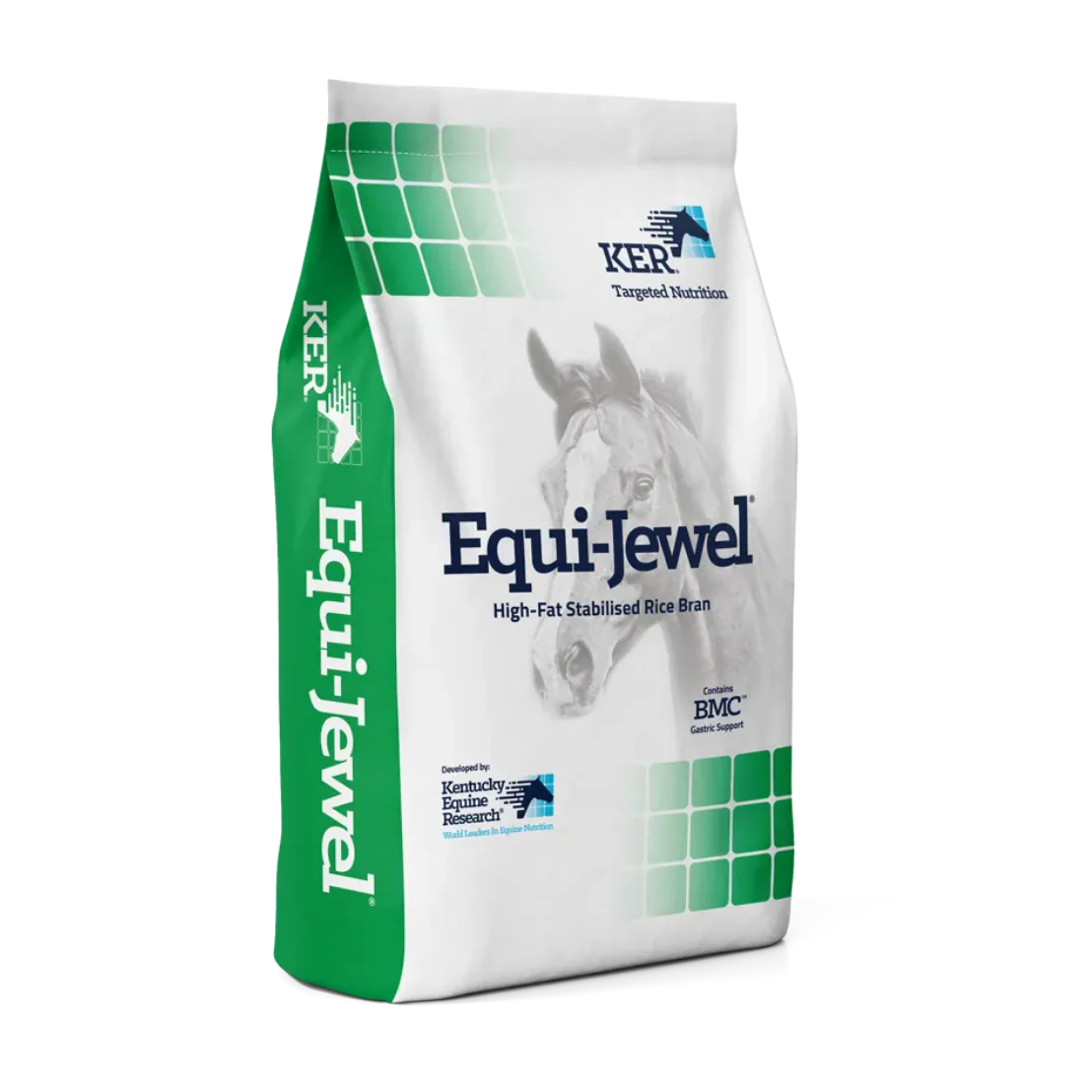Articles, case studies & advice
Expert tips and insights to keep your horse healthy, happy, and well-fed.
Articles

Understanding Equine Gastric Ulcers
The make-up of the diet and feeding practices can have a significant impact on the digestive health of horses.
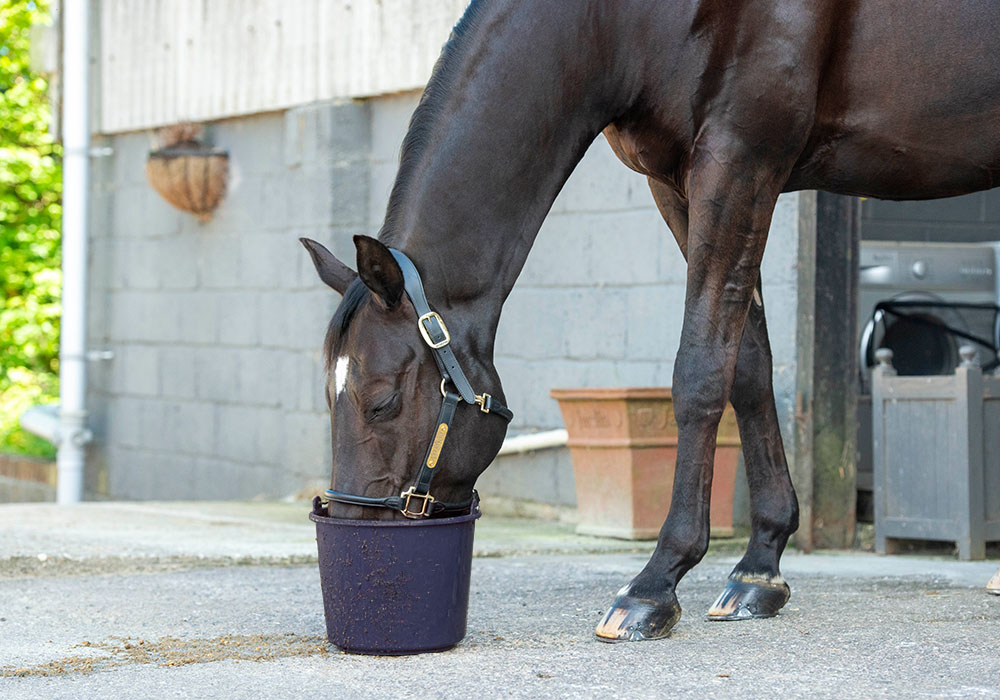
Feeding the Ex-Racehorse with Gastric Ulcers
Due to a lower forage intake and high workload during training, many racehorses may suffer from gastric ulcers at some stage of their life.
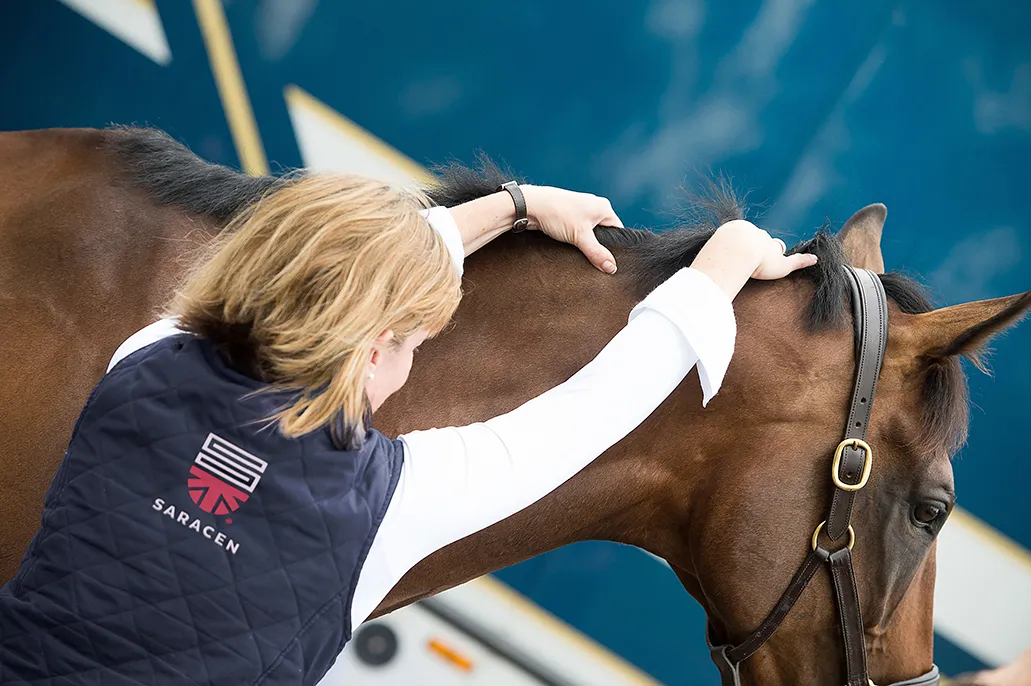
Feeding the Ex-Racehorse: Maintaining Optimum Body Condition
We are often asked: ‘what is the optimum body condition score for my horse to be in?’
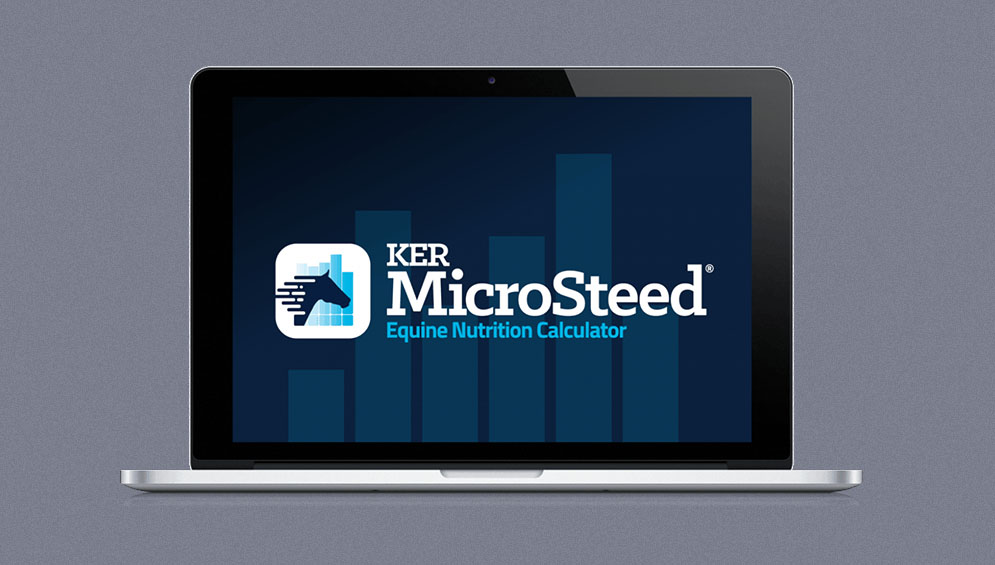
MicroSteed™ Equine Nutrition Calculator
MicroSteed™ is the equine nutrition calculator and ration evaluator developed by Kentucky Equine Research to assess total dietary intake of nutrients from feed, forages and supplements.
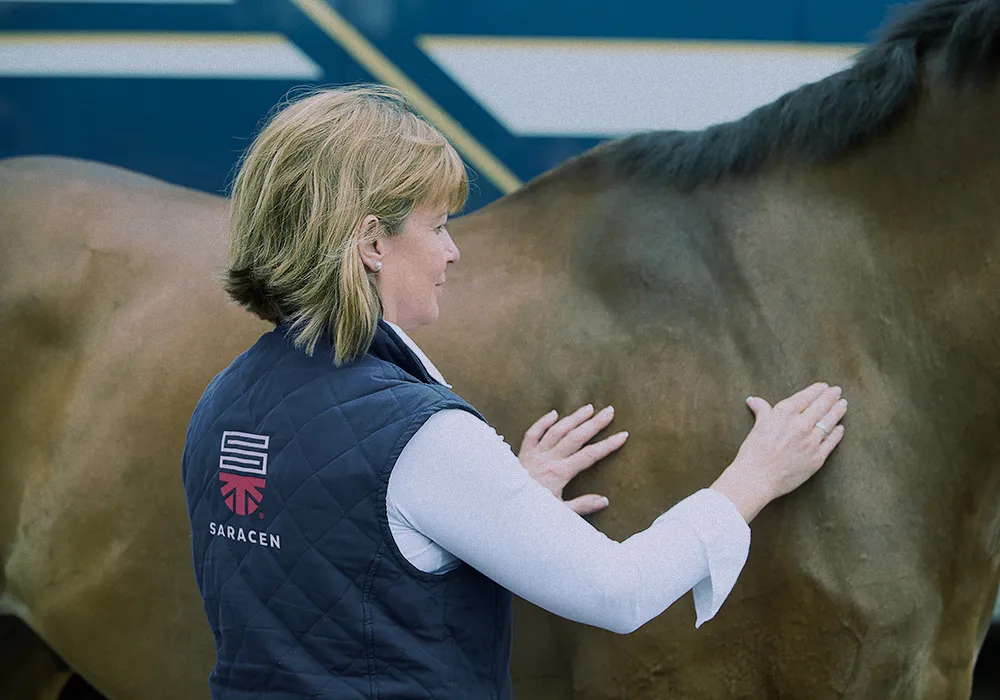
Weight Management
Obesity remains prevalent in the UK leisure sector of horses and ponies and is now also commonly found in the sports and elite horse sectors. It is of great concern to all equine communities from both veterinary and welfare points of view.
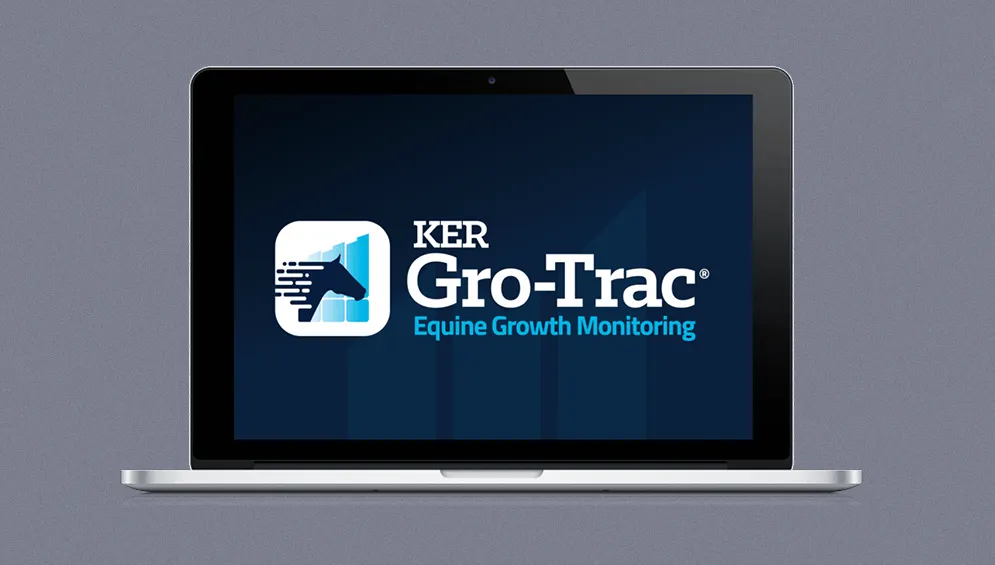
Gro-Trac® – Equine Growth-Monitoring Software
The first tool of its kind, Gro-Trac® helps breeders track and compare their young horses’ growth with similar horses locally and internationally.

Finding the right feed for your ulcer prone horse or pony
We work closely with other experts in nutrition, research, and veterinary science in order to provide our clients research-proven products to help manage and support horses with EGUS.

A Royal Moment for Saracen
A few weeks ago at the height of Summer, our very own Lizzie Drury represented Saracen Horse Feeds at Windsor Castle to mark a milestone we’re incredibly proud of, receiving the King’s Award for Enterprise in International Trade.
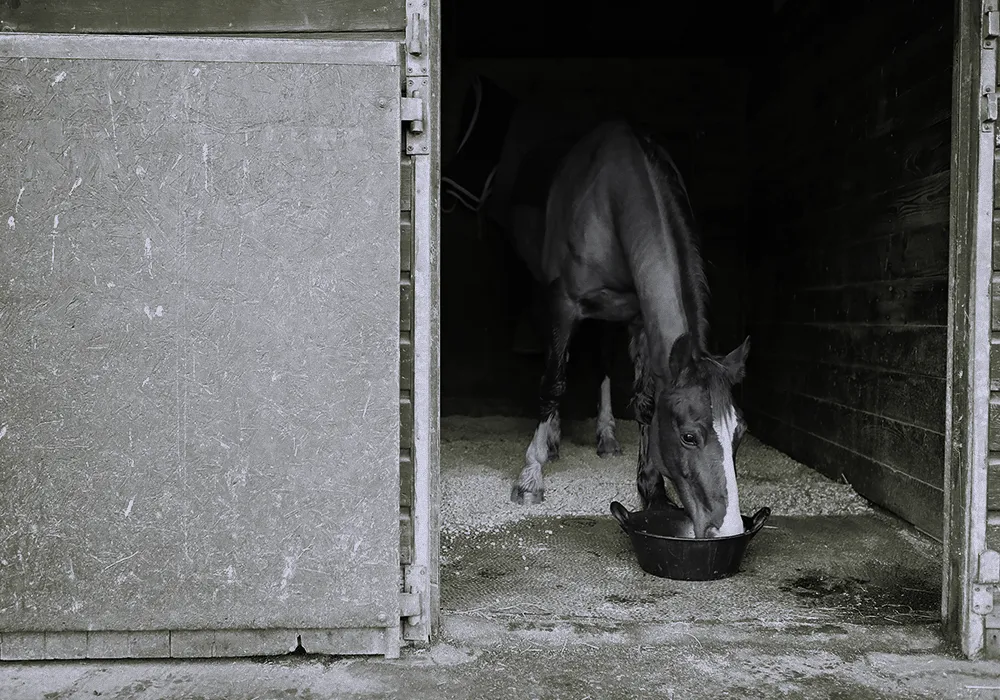
All Tied-up?
Tying-up or ER (exertional rhabdomyolysis) is a problem that every yard will encounter at some point in time with reports of 5-7% of the thoroughbred population being affected.
